Esports has exploded in popularity, but it’s still a male-dominated arena. However, women are stepping up and breaking barriers, proving that they belong in every corner of this vibrant industry.
From professional players to game developers and commentators, women are reshaping the future of esports and inspiring the next generation of gamers. As I dive into this topic, I’ll explore the incredible achievements of women in esports and highlight the challenges they face.
Their stories reflect resilience and passion, showcasing how they’re not just participants but leaders in this evolving landscape. Join me as we celebrate their contributions and envision a more inclusive future for everyone in gaming.
Women in Esports: Breaking Barriers and Shaping the Future
Women in esports increasingly prove their capabilities by excelling in a previously male-dominated arena. Notable female professional players include Sasha “Scarlett” Hostyn and Kelsey “Rebel” Ritchie, who challenge stereotypes and demonstrate exceptional skills.
These women not only compete at high levels but also inspire aspiring gamers worldwide. Women are not limited to playing; they occupy pivotal roles in game development and commentary. Individuals like Keri “KeriS” O’Bryan and Jorien “Sheever” van der Heijden shape narratives and add diverse perspectives to the industry.
Their contributions help create games that resonate with a broader audience, ultimately driving engagement.
Historical Context
The journey of women in esports is rich with milestones and challenges. Early representation laid the foundation for the transformative presence of women in the gaming industry today.
Early Representation of Women in Gaming
Early representation of women in gaming began in the 1980s and 1990s, marked by iconic characters like Samus Aran from “Metroid” and Lara Croft from “Tomb Raider.” These characters challenged gender norms and inspired female gamers.
However, the competitive gaming scene predominantly featured male players, hindering visibility for women. Despite these barriers, female gamers carved out spaces for themselves in various gaming communities, participating in tournaments and creating dedicated teams.
Milestones in Esports Involvement
Several milestones marked the evolution of women’s involvement in esports. In 2006, the CyberAthlete Professional League (CPL) hosted the first professional tournament specifically for women, setting a precedent for future events.
The establishment of the Women’s Esports League (WEL) in 2020 created further opportunities, fostering skill development and networking among female gamers. Notable tournaments, such as the Intel Challenge and Girls Professional Esports League (GPEL), have highlighted female talent, showcasing formidable players and teams on international stages.
These milestones have helped amplify women’s voices in the industry, encouraging a more inclusive environment for future generations.
Current Landscape of Women in Esports
Women continue to break barriers in the esports industry, demonstrating their talent and determination across various roles. Their growing presence in gaming reshapes the landscape, paving the way for future generations.
- Prominent Female Gamers and Streamers: Prominent female gamers and streamers play a crucial role in changing perceptions in esports. Players like Sasha “Scarlett” Hostyn, known for her exceptional skills in StarCraft II, and Kelsey “Rebel” Ritchie, who excels in Valorant, serve as role models for aspiring gamers.
- Gender Diversity in Esports Teams: Gender diversity in esports teams reflects the industry’s evolving nature. Organizations increasingly recognize the importance of mixed-gender teams, promoting collaboration and innovation. Noteworthy teams like Dignitas and CLG Red actively seek to include women in their rosters, enhancing their competitive edge.
Challenges Faced by Women in Esports
Women in esports encounter several significant challenges that hinder their progress and participation. A key issue involves stereotypes and misconceptions that persist in the gaming community.
Stereotypes and Misconceptions
Stereotypes regarding women in gaming create barriers to entry and acceptance. Many people still associate gaming primarily with men, leading to assumptions about women’s skills and interests in esports.
This bias often manifests in comments questioning female players’ abilities, knowledge, or dedication. Women gamers face additional scrutiny that their male counterparts typically avoid. Outdated perceptions can deter women from pursuing competitive gaming or professional roles, limiting the diversity and innovation within the industry.
Harassment and Toxicity in Gaming Communities
Harassment and toxicity represent major obstacles for women in esports. Nearly 70% of female gamers report experiencing online harassment, which includes verbal abuse, threats, and derogatory remarks.
Such behaviors not only create a hostile environment but also discourage women from participating in online gaming communities or competitions. Many women choose to remain anonymous or adjust their gaming styles to avoid backlash, severely impacting their gaming experience and professional aspirations.
Addressing these issues requires collective action from both gamers and industry leaders to foster safer and more supportive environments.
Initiatives Supporting Women in Esports
Numerous initiatives aim to empower women in esports by promoting inclusion and supporting their development. These efforts create significant pathways for female gamers to excel in the industry.
Organizations Promoting Inclusion
Various organizations focus on fostering female representation in esports. The Women’s Esports League (WEL) serves as a platform that connects women through mentorship and networking. WEL hosts competitions and events, spotlighting emerging talent and encouraging involvement at all skill levels.
Another influential organization is Girls Who Code, which offers programs that teach girls coding and gaming skills. This initiative cultivates a new generation of female developers poised to influence the gaming landscape.
Organizations like Dignitas and CLG Red actively recruit women for their esports teams. These organizations recognize that gender diversity contributes to stronger team dynamics and improved competitive performance.
Such inclusivity initiatives help create supportive environments for women within the industry.
Scholarships and Grants for Female Gamers
Several scholarships and grants specifically target female gamers, providing financial support for education and competitive gaming. The “Women in Games” scholarship offers college funds for female students pursuing careers in gaming and technology.
The “Intel Future Skill” grants support girls interested in coding and game design by offering resources and funding to develop their skills. Programs like these not only reduce financial barriers but also encourage more women to pursue careers in esports.
Additionally, scholarships from individual gaming companies help aspiring female players attend gaming events and tournaments. These financial aids equip women with the tools and opportunities necessary to thrive in the competitive esports arena, enabling them to follow their passions with confidence.
Future Outlook for Women in Esports
The future of women in esports shines with increased participation and opportunity. As the industry evolves, significant changes set the stage for the next generation of female talent.
Evolving Opportunities in the Industry
Women’s roles in esports are rapidly expanding across various sectors, including professional gaming, streaming, and content creation. Game developers prioritize diversity, creating female characters and storylines that resonate with women.
This shift encourages female gamers to identify with both games and communities. Esports organizations such as FaZe Clan and TSM actively recruit female talent, offering equal opportunities on their rosters.
With initiatives like mentorship programs and inclusive tournaments, organizations challenge traditional hiring practices, promoting diverse perspectives.
Predictions for Continued Progress
Increased visibility and support for women in esports suggest ongoing advancements. Analysts predict a significant rise in female participation by 2025, expecting a 30% increase in women participating in competitive gaming.
Sponsorship deals tailored for women’s teams are becoming more prevalent. Events dedicated to female gamers, such as the Women’s Championship Series, gain traction, highlighting achievements and amplifying their voices.
Continued advocacy against harassment and discrimination fosters a safer environment, encouraging more women to join esports.
























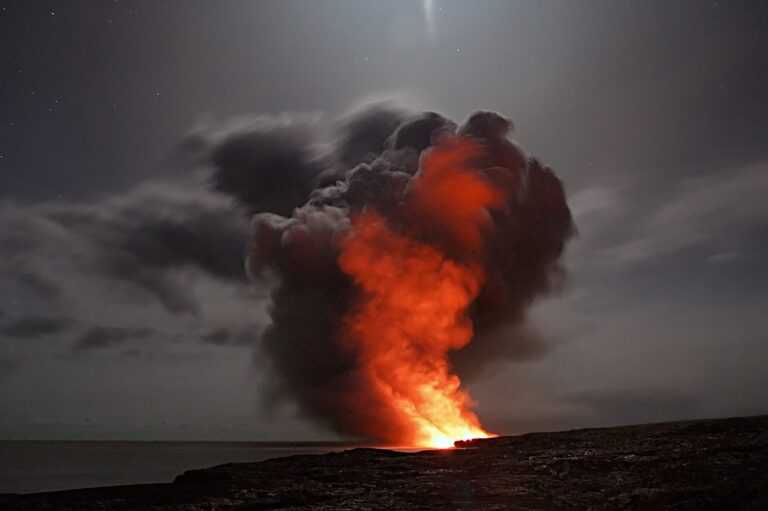



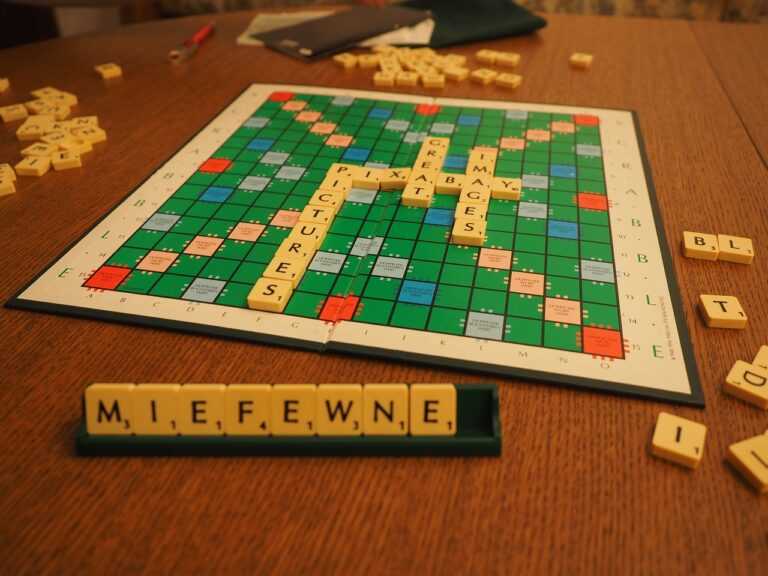
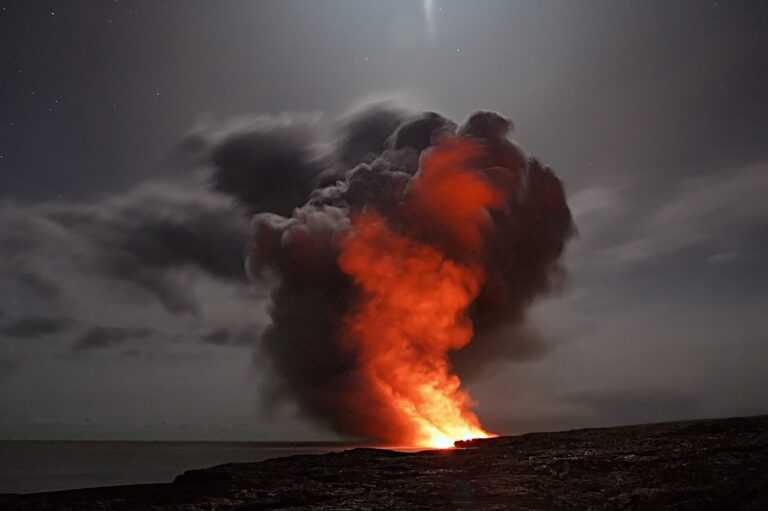
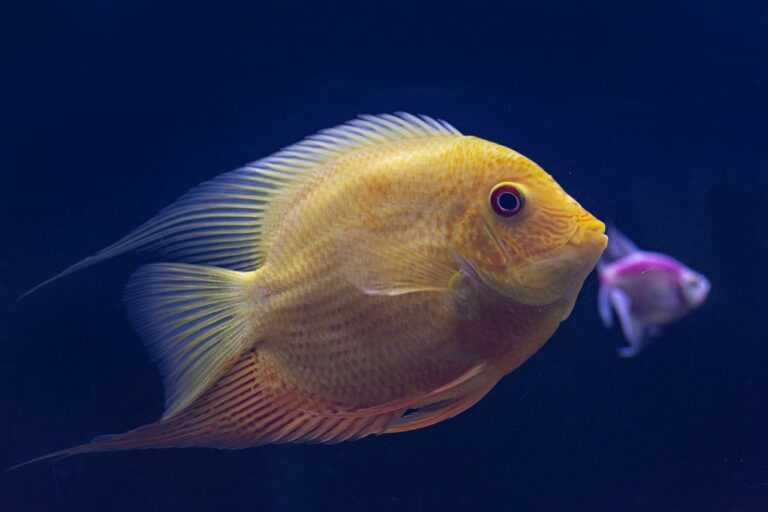



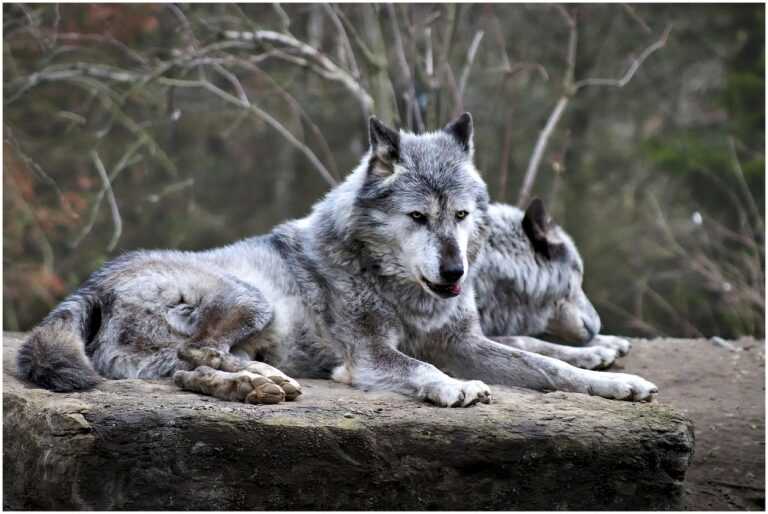




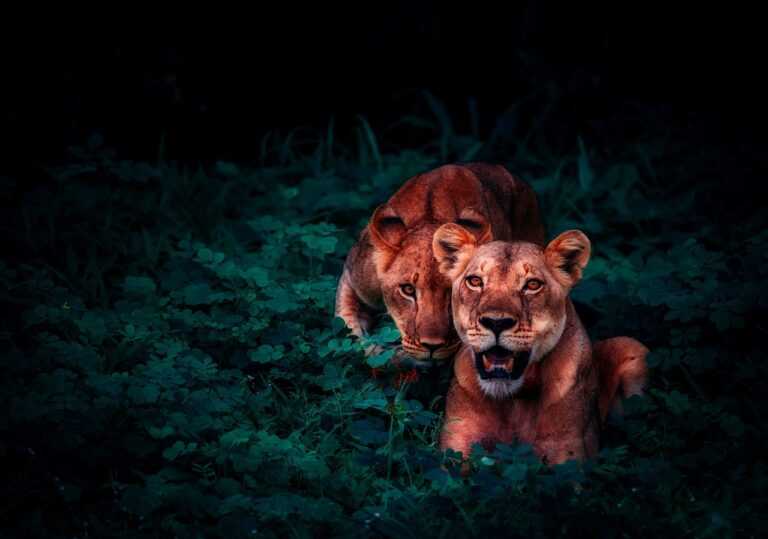
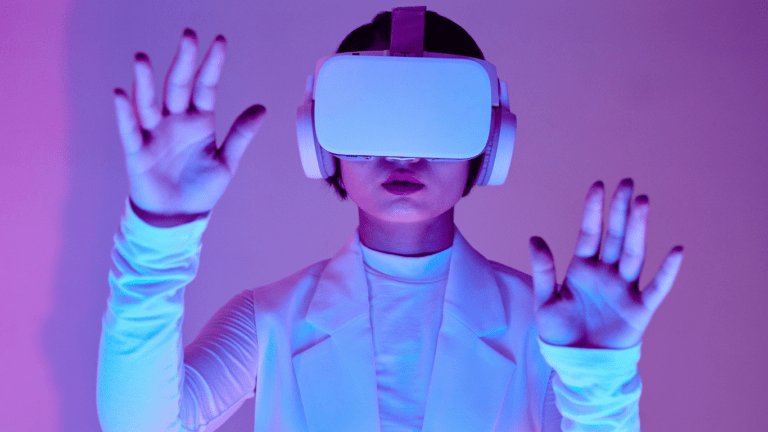




































































































































































































































































































































































































































































































































































































































































































































































































































































































































































































































































































































































































































































































































































































































































































































































































































































































































































































































































































































































































































 Scarlett Pelloe brings a sharp editorial eye and an energetic voice to Power Gamer Strategy Hub’s content team. Passionate about storytelling and immersive game worlds, she specializes in curating news, reviewing titles across platforms, and highlighting the most compelling developments in the gaming scene. Her work keeps readers informed and entertained, bridging the gap between casual gamers and hardcore enthusiasts.
Scarlett Pelloe brings a sharp editorial eye and an energetic voice to Power Gamer Strategy Hub’s content team. Passionate about storytelling and immersive game worlds, she specializes in curating news, reviewing titles across platforms, and highlighting the most compelling developments in the gaming scene. Her work keeps readers informed and entertained, bridging the gap between casual gamers and hardcore enthusiasts.